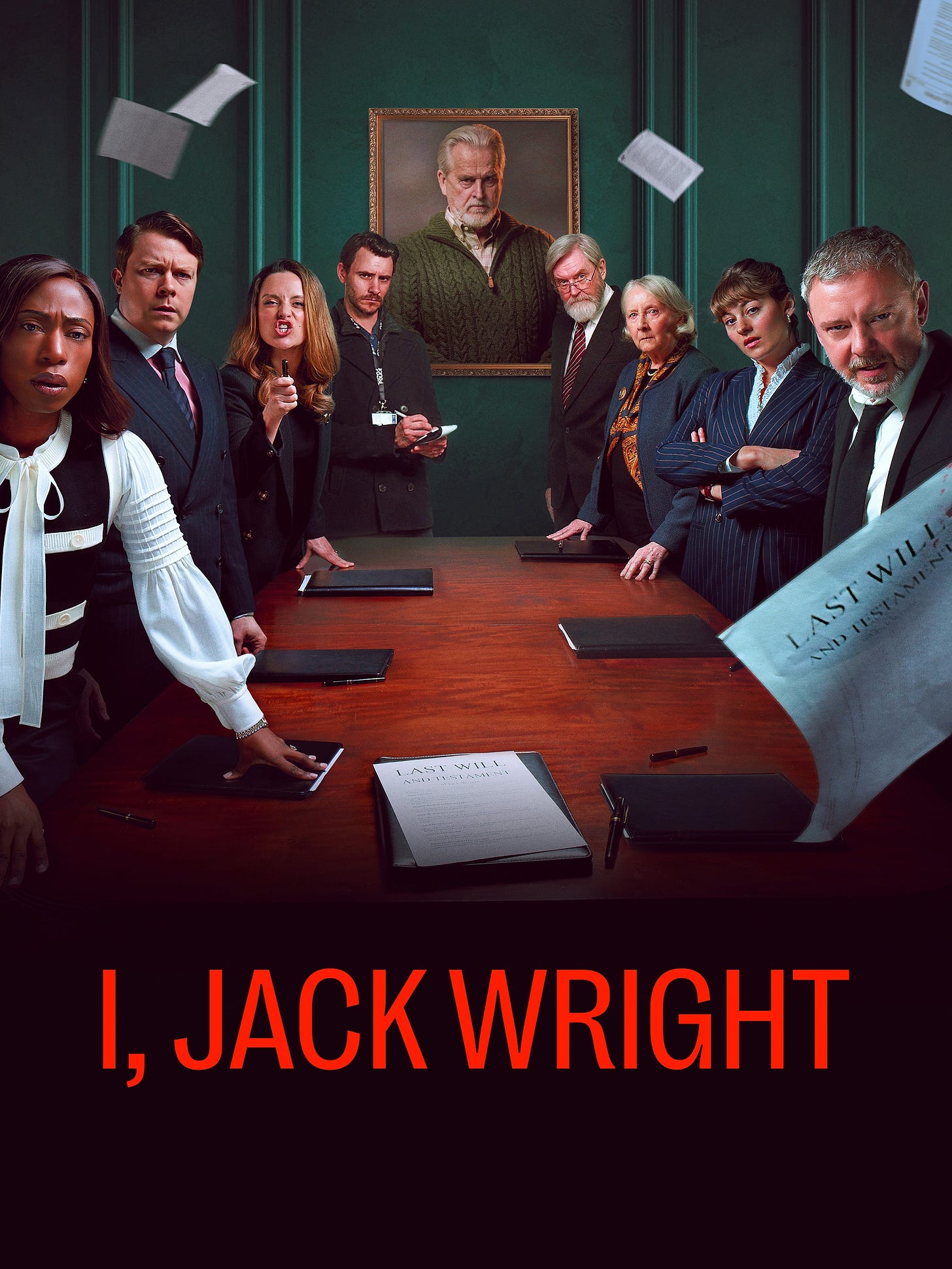I, Jack Wright recap
***This post contains many spoilers***
This weekend, I caught the final two episodes of I, Jack Wright on BritBox, and in the process reminded myself why I prefer cozies. This one is decidedly not cozy. Every character has a dark secret or holds a grudge, and the season ends with a lot of uncertainty.
The show kicks off with a family patriarch’s mysterious death and takes the viewer through a…
Keep reading with a 7-day free trial
Subscribe to Getting Cozy With Ed Policy to keep reading this post and get 7 days of free access to the full post archives.


